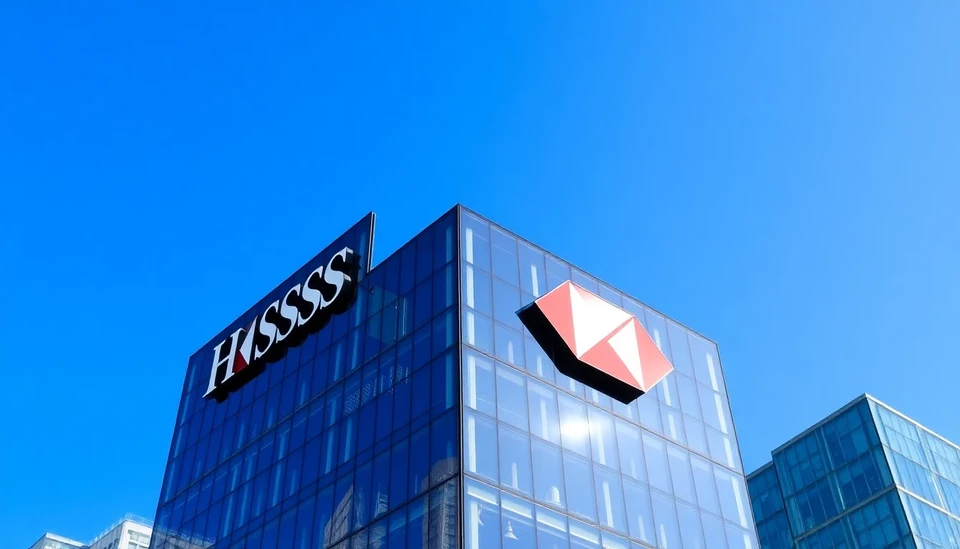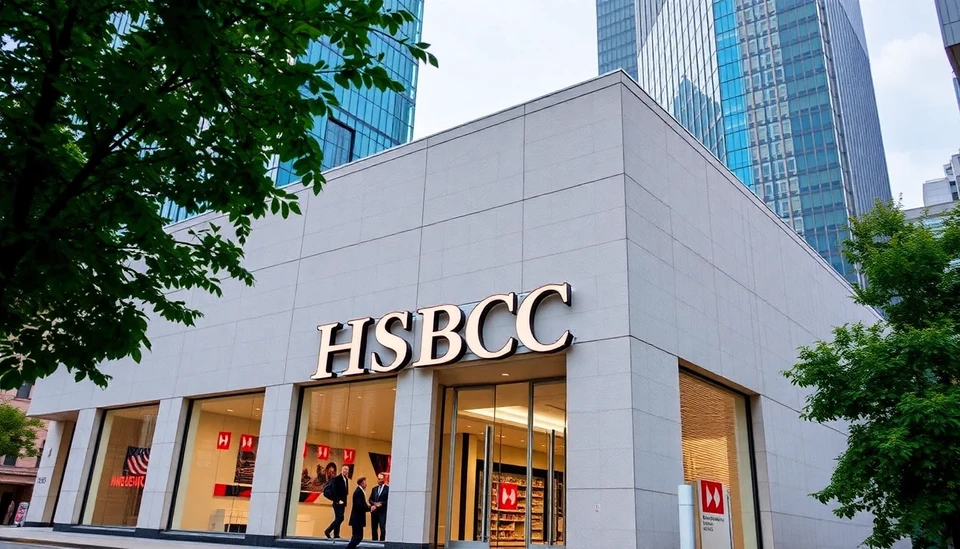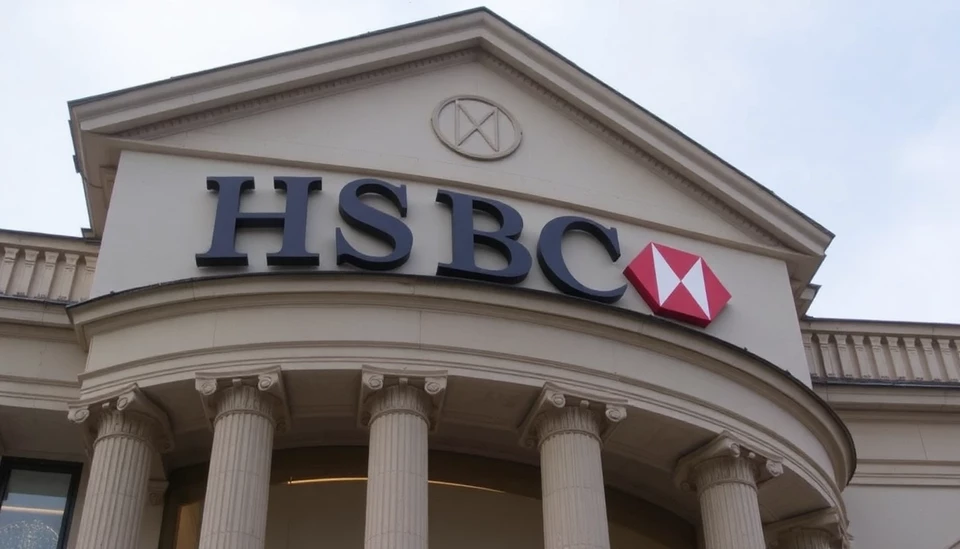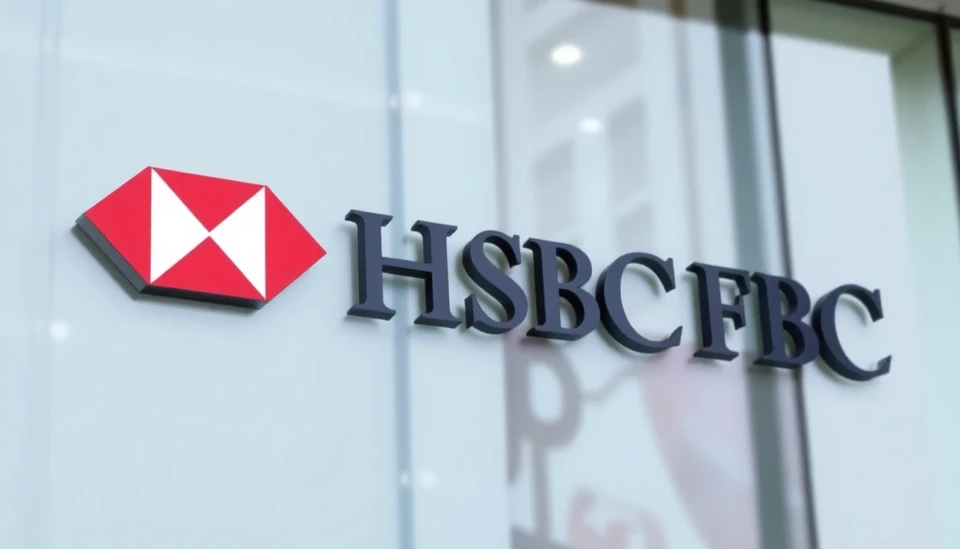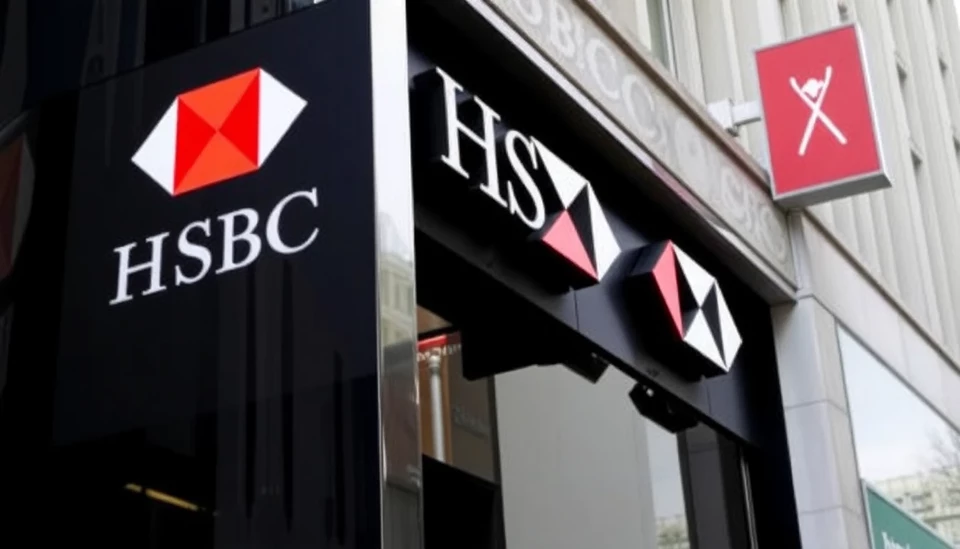
In a recent assessment of the financial landscape, HSBC Holdings plc has expressed reservations regarding the attractiveness of investment opportunities in major investment banks, specifically Goldman Sachs Group Inc. and Morgan Stanley. The financial giant emphasizes the current market conditions as unappealing, citing a concerning imbalance in the potential risks versus rewards associated with these institutions.
HSBC's analysis comes at a critical time when both Goldman Sachs and Morgan Stanley are navigating a complex economic environment characterized by fluctuating interest rates, regulatory changes, and shifting investor sentiment. The bank's cautious stance highlights the challenges these firms face as they attempt to maintain profitability amidst an evolving landscape.
Particularly, HSBC analysts noted that despite the historical robustness of these investment banks, the financial metrics currently do not justify a bullish outlook. Factors contributing to this sentiment include rising expenses related to compliance and operational overheads, as well as the potential for a downturn in investment banking revenues in the wake of global economic uncertainty.
The skepticism from HSBC echoes broader concerns within the financial sector, where analysts are closely monitoring signs of a potential recession and the impact it could have on trading volumes and advisory fees. As the economic outlook grows murky, big banks are compelled to tighten their belts and reconsider their growth strategies, all of which leads to intensifying competition for market share.
HSBC has taken a more defensive investment position, aiming to shield its portfolio from the incoming volatility that could plague the sector. In their latest report, analysts utilized a variety of performance indicators to measure and weigh the expected growth trajectories of these banks against the operational headwinds they currently confront.
Furthermore, as investors reassess their risk appetite in light of potentially rising inflation rates, the pressure mounts for Goldman Sachs and Morgan Stanley to adapt quickly. The recent trends in technology investments, trading revenues, and advisory services indicate a shift in how these institutions might operate moving forward.
While both banks have historically commanded substantial market influence and have exhibited resilience in past economic downturns, HSBC's findings suggest it may be prudent for investors to explore alternative pathways that promise greater stability and return on investment in this economically tenuous period.
In conclusion, HSBC's insights serve as a stark reminder of the cautious approach required in today’s marketplace. By emphasizing the unattractive risk-reward ratio associated with Goldman Sachs and Morgan Stanley, HSBC is urging investors to tread carefully as they navigate the complexities of the current economic climate.
As the year draws to a close, the landscape will likely continue to shift, and stakeholders will need to remain vigilant and adaptive in response to these evolving circumstances.
#HSBC #GoldmanSachs #MorganStanley #InvestmentBanking #FinancialMarket #RecessionRisk #StockMarket #EconomicOutlook
Author: Samuel Brooks
